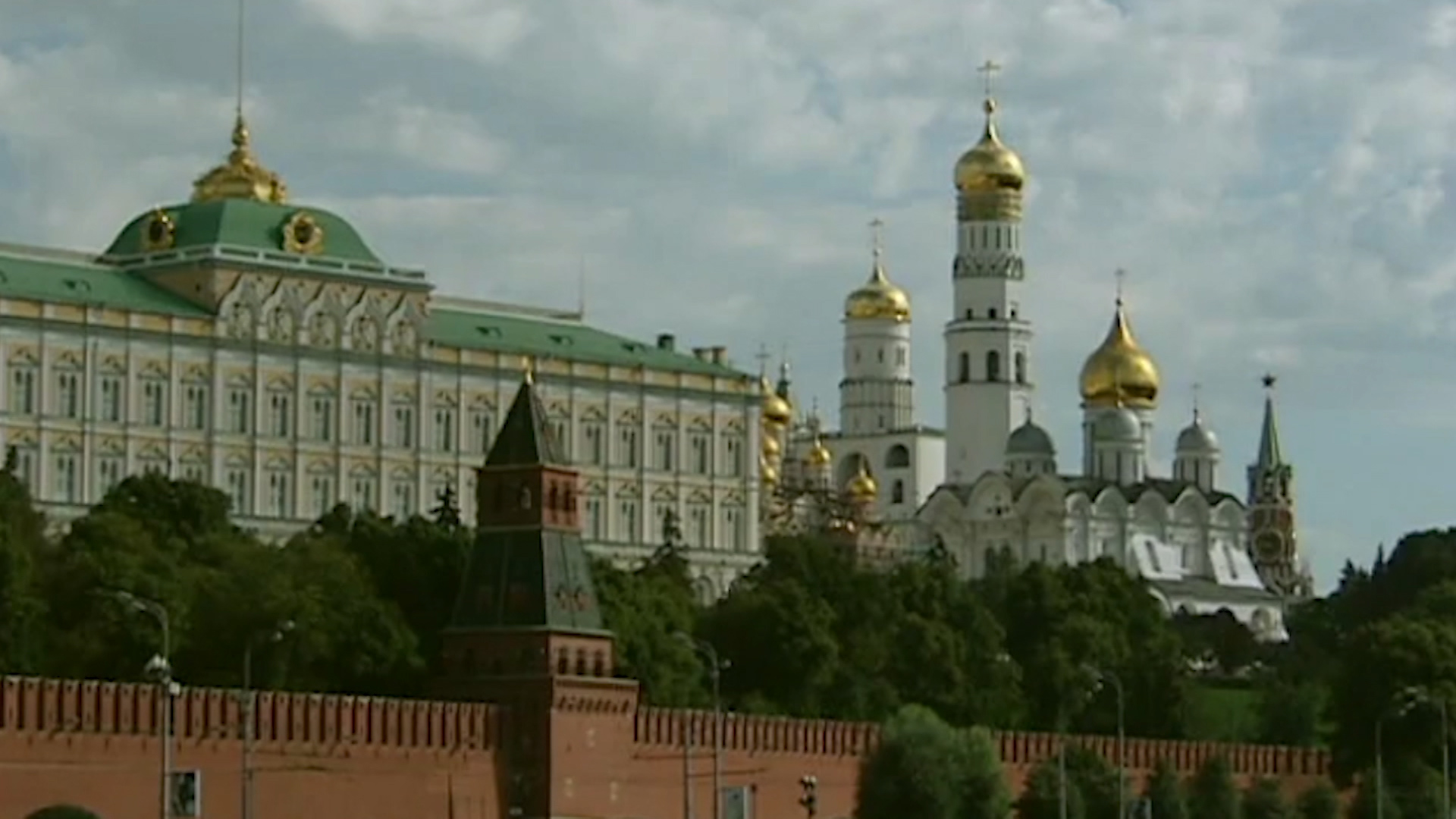Expert: Bosnian Croat leader trying to secure Russia's support for third entity

Bosnian Croat leader Dragan Covic is trying to secure Russia’s support for his aspirations to create a third semi-autonomous region within Bosnia, international relations expert Zlatko Hadzidedic told N1 on Monday.
Hadzidedic spoke about the visit Covic, who is the Chairman of Bosnia’s House of Peoples and the leader of the Croat Democratic Union (HDZ BiH), made to Moscow on Monday on an invitation by Chairman of the Federation Council, Valentina Matviyenko.
The Bosnian Croat leader said he plans to propose more active cooperation between the parliaments of the two countries and communication to “open the doors for developing business and cultural interaction,” adding that Bosnia should “learn from Russia” how to protect its interests and ensure “interreligious and interethnic balance.”
“Russia is constantly being accused of its politics and diplomacy having a very strong influence in Bosnia and Herzegovina. I would say that, unfortunately, there is very little Russian influence here,” Covic said.
But according to Hadzidedic, Covic is trying to secure Russia’s support for “certain projects, such as the third entity.”
Bosnia and Herzegovina is composed of two semi-autonomous entities, one populated by mostly Serbs and the other mostly shared between Bosniaks and Croats.
Bosnian Croat politicians, as well as some from neighbouring Croatia, have been proposing the creation of a third electoral unit within the country, exclusively for Croats.
“We know that Russia is very economically active in Croatia and I believe that Covic gained access to Moscow’s institutions through that channel,” Hadzidedic said.
But the analyst also argued that Bosnia is not a primary concern for Russia.
“Moscow has the interest to push NATO out of Ukraine and it is less important for them whether Serbia, Republika Srpska or Bosnia and Herzegovina will join NATO. In that sense, Serbia and Bosnia only serve Russia as leverage to send a message to the West that it should retreat from Ukraine,” he said.
Kakvo je tvoje mišljenje o ovome?
Učestvuj u diskusiji ili pročitaj komentare





 Srbija
Srbija
 Hrvatska
Hrvatska
 Slovenija
Slovenija







